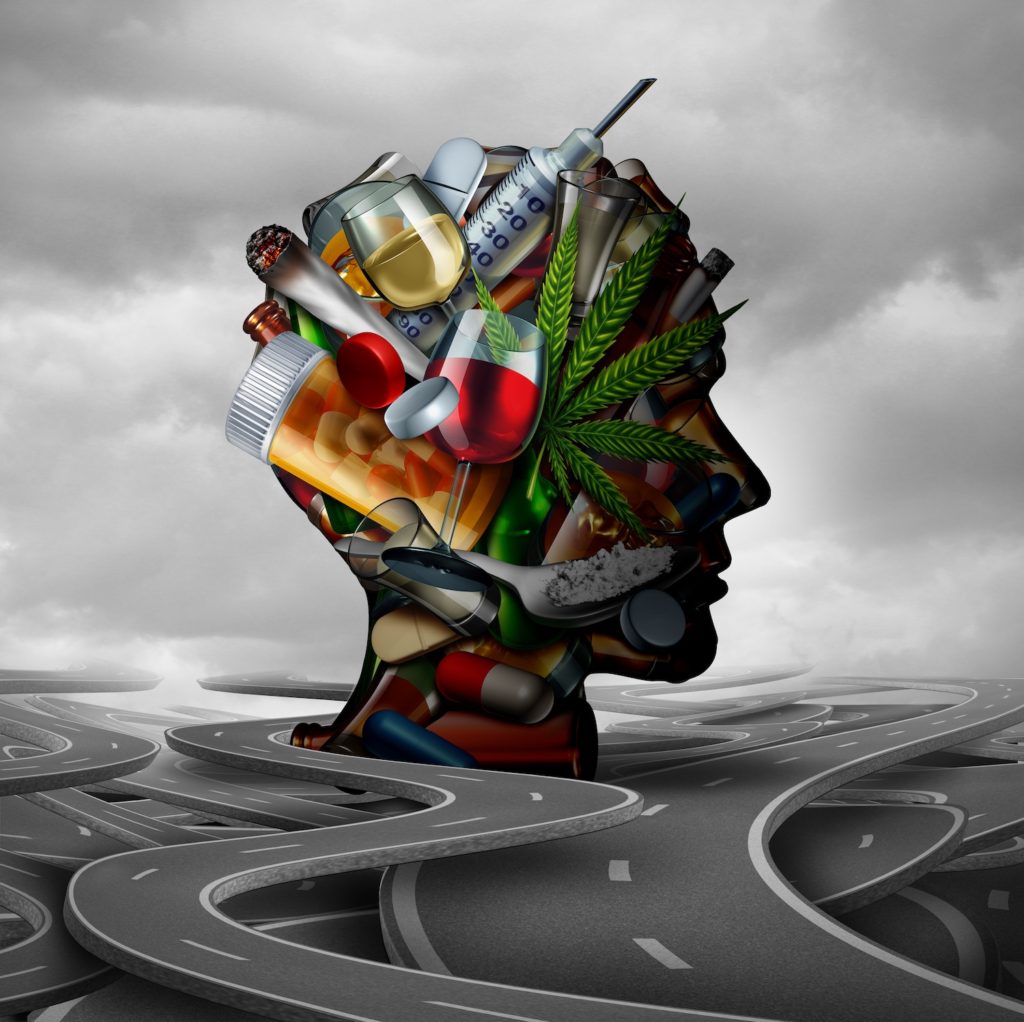
Driving Under the Influence
When someone is faced with a DUI there are a lot of questions. Am I going to jail? Will I still be able to drive? How much is it going to cost?
At the end of the day, mistakes happen.
We handle these types of cases every day and understand what’s at stake. Our experience gives us the unique advantage on getting you the best possible result for your case.
Call Us or Request a Free Consultation
Looking for more answers on DUIs?
See our frequently asked questions below.
Frequently Asked Questions
Information you need to know when arrested for a DUI in Nevada.
What is the illegal blood alcohol limit in Nevada?
0.02% for drivers under 21 years old
0.04% for commercial licensed drivers
0.08% for everyone else
Does there need to be a reason the cop pulls me over?
Yes, when a cop pulls you over in a vehicle there must be a legal basis for the traffic stop, i.e., a traffic violation which forms the basis for the stop.
What are signs of impairment?
There are signs of impairment the cop observes when you are pulled over which may include – watery eyes, odor of intoxicating liquor, or slurred speech.
What does Implied Consent Mean?
Once a cop has completed the Field Sobriety Tests (“FST”) (read on for more information) and arrests you for a DUI, implied consent comes into play. A person who drives while under the influence of drugs or alcohol have consented to have their blood or breath be tested. The cop may read you an implied consent warning which will include a choice of blood or breath. A refusal of submitting to a test may result in your license being revoked for a year.
What happens if I refuse a blood or breath test?
If you refuse to submit to a breath or blood test following a DUI arrest, the cop will immediately apply for a warrant or court order to administer the blood test. Then once the warrant or court order is issued, the cop can then use necessary “reasonable force” to carry out a forced blood draw.
Do I have to be driving?
You must be in actual physical control of a vehicle on premises which the public has access to. There are factors to be weighed to determine whether you are in actual physical control, for instance if you are asleep off the side of the road or involved in an accident and not in the driver’s seat.
What is a vehicle?
“Vehicle” means every device in, upon or by which any person or property is or may be transported or drawn upon a highway.
What are Field Sobriety Tests?
As part of the DUI investigation, a cop may conduct what is called Field Sobriety Tests (“FSTs”). FSTs include the Horizontal Gaze Nystagmus Test (“HGN”), One Leg Stand, and Walk and Turn. The cop may also conduct a Preliminary Breath Test (“PBT”) to determine whether you are over the legal limit for alcohol.
What tests are used to prove alcohol or drugs?
There are two tests in Nevada – breath or blood. You must submit to an evidentiary blood test if the cop arrests you for “drugged driving.” This is because breath tests detect only alcohol, not controlled substances. If you are suspected of “drunk driving” you can elect to take either an evidentiary breath test or a blood test.
How long after driving does the blood or breath test need to occur?
The tests must be performed within two hours of you driving the vehicle, there are limited circumstances for when a test can be completed outside the two-hour window.
Can I lose my driver’s license?
Yes.
There are two separate proceedings when you get a DUI – the criminal case and the DMV administrative hearing. If you elect to take a breath or blood test, you can keep your license until the results of your test come back as 0.08% or higher. The DMV will mail you a notice of revocation.
You can then request a DMV hearing to contest the license revocation. Meanwhile you can continue driving pending the results of the DMV hearing, which may be another two to three months away.
If you refuse to submit to a blood or breath test following a DUI arrest, the cop will immediately confiscate your driver’s license. In addition, refusing to submit to a blood test when required carries a one-year license revocation even if the DUI charges get dropped. If it is your second refusal in a 7-year period, then the revocation can be up to 3 years.
What are the penalties for a DUI, first offense within 7 years?
- Misdemeanor;
- 2 days to 6 months in jail;
- 48 hours to 96 hours of community service;
- $400 to $1,000 fine plus assessments;
- If the concentration of alcohol is 0.18 or more a substance abuse evaluation is necessary;
- Completion of a approved program of treatment for the abuse of alcohol or drugs;
- Attend a Victim Impact Panel;
- Revocation of your driver’s license for at least 185 days by the Department of Motor Vehicles, unless you have an interlock device installed in your vehicle.
What are the penalties for a DUI, second offense within 7 years?
- Misdemeanor;
- 10 days to 6 months in jail or house arrest;
- $750 to $1,000 fine plus assessments or the equivalent number of hours of community service must be performed in distinctive garb identifying you as a DUI offender;
- Substance abuse evaluation;
- Completion of a approved program of treatment for the abuse of alcohol or drugs;
- Attend a Victim Impact Panel;
- Revocation of my driver’s license for a period of 1 year by the Department of Motor Vehicles, unless you have an interlock device installed in your vehicle.
What if I get a third DUI within 7 years?
- Category B Felony;
- 1 to 6 years in Nevada Department of Corrections;
- $2,000 to $5,000 fine plus assessments;
- Revocation of your driver’s license for a period of 3 years by the DMV;
- There is a DUI diversion program that you may qualify for to avoid prison, an evaluation is needed to determine eligibility. The program is five years and if successfully completed may reduce your DUI third offense to a second offense.
When do I need an interlock device?
- 185 days for DUI, first offense within 7 years unless the concentration of alcohol is 0.18 then it will be 12-36 months;
- 1 year for DUI, second offense within 7 years;
- 3 years for DUI, third offense within 7 years, and other more serious DUI cases.
Are you facing a DUI in the Reno-Sparks area? Get an experienced attorney that looks out for you.


